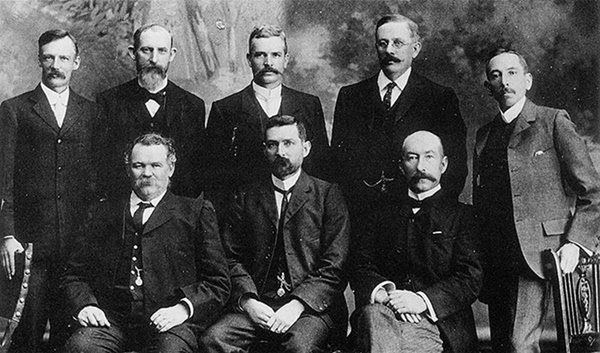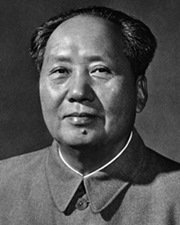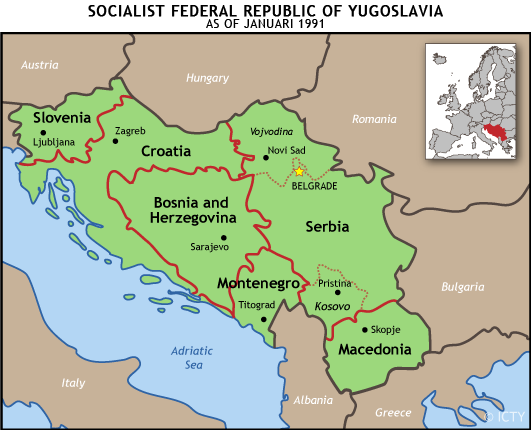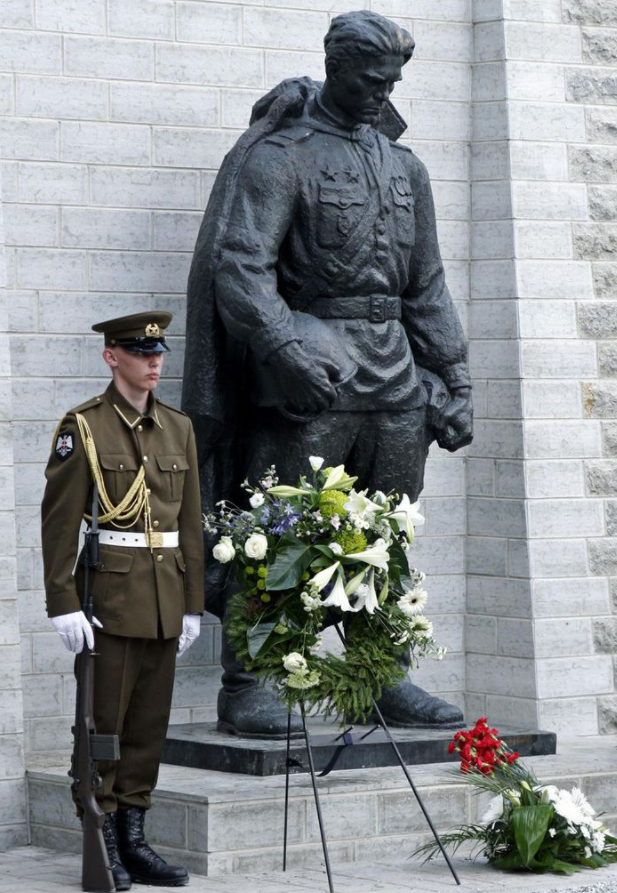This Day in History is DUE’s daily dose of trivia for all the history buffs out there. So sit back and take a ride to all the fascinating things that happened today!
People are trapped in history and history is trapped in people, and hence, every day has been a significant one in the foibles of History. Let’s take a tour of “This Day in History – 27th of April”.
1667 Blind and impoverished, English poet John Milton sells the copyright of “Paradise Lost” for £10
On this day in History, poet John Milton sells the copyright to his masterpiece Paradise Lost (1667) for a mere 10 pounds. Milton was born on December 9, 1608, in London, England. He was raised the indulged son of a prosperous London businessman.

1773 British Parliament passes Tea Act
On April 27, 1773, the British Parliament passes the Tea Act, a bill designed to save the faltering East India Company from bankruptcy by greatly lowering the tea tax it paid to the British government and, thus, granting it a de facto monopoly on the American tea trade.
1840 Palace of Westminster
Owned by the British crown, the current palace of Westminster replaced an earlier Medieval palace which burned down in 1834. On this day, the foundation stone for the new Palace of Westminster, London was laid by Sarah Barry, wife of its architect Charles Barry.
1859 “Pomona” sinks in North Atlantic drowning all 400 aboard
The full-rigged ship was wrecked on the Blackwater Bank, in the Irish Sea off the coast of County Wexford with the loss of 389 of the 412 people on board. She was on a voyage from Liverpool, Lancashire, United Kingdom to New York.
1861 US President Abraham Lincoln suspends the writ of habeas corpus (US Civil War)
Lincoln suspended the writ of habeas corpus between Washington, D.C., and Philadelphia to give military authorities the necessary power to silence dissenters and rebels. Under this order, commanders could arrest and detain individuals who were deemed threatening to military operations.
1904 First Labour Government in the world
The Australian Labor Party, a democratic socialist party, has its origins in a strike by pastoral workers in the 1890s in the state of Queensland. It would go on to win the 1910 Federal election under Andrew Fisher and become the first Labor government to win a majority. It remains a major party in Australian political life.

1910 South African Party is born
Louis Botha and James Hertzog establish the moderate nationalists’ South African Party promising equality of Britons and Boers.
1911 General J.C. Smuts enters into negotiations with Mahatma Gandhi
By 1911 the resistance movement had dwindled as the government had come to negotiate with the Satyagrahis. On this day in History, Gandhiji met with Smuts and agreed to suspend the campaign.
1914 Honduras becomes a signatory to the Buenos Aires copyright treaty
The Buenos Aires Convention (Third Pan-American Convention) is a copyright treaty signed at Buenos Aires, Argentina, on 11 August 1910, providing mutual recognition of copyrights where the work carries a notice containing a statement of reservation of rights. Honduras, on this day in History, became a signatory of this treaty.
1945 Italian partisans capture Benito Mussolini at Dongo (Lake Como)
Mussolini and his mistress, Claretta Petacci, were captured on 27 April by local partisans near the village of Dongo on Lake Como. Mussolini and Petacci were executed the following afternoon, two days before Adolf Hitler’s suicide.
1953 1st general elections in British Guiana
The elections were won by the People’s Progressive Party with Cheddi Jagan first person of Indian descent to be elected head of government outside South Asia.
1959 Mao Zedong resigns as Chairman of the PRC after the disastrous failure of the Great Leap Forward

The Great Leap Forward (Second Five Year Plan) of the People’s Republic of China (PRC) was an economic and social campaign led by the Chinese Communist Party (CCP) from 1958 to 1962. Chairman Mao Zedong launched the campaign to reconstruct the country.
1960 1st atomic-powered electric-drive submarine-launched (Tullibee)

USS Tullibee (SSN-597), a unique submarine, was the second ship of the United States Navy to be named after the tullibee, one of several whitefishes of central and northern North America. She was launched on this day in History, sponsored by Mrs. John F. Davidson, the widow of Commander Charles F. Brindupke, and commissioned on 9 November 1960, with Commander Richard E. Jortberg in command.
1976 Arabic Monetary Fund established in Abu Dhabi
The Arab Monetary Fund (AMF) is a regional Arab organization, a working sub-organization of the Arab League. It was founded in 1976 and has been operational since 1977. Still, in 1982, the AMF inaugurated the Arab Monetary Fund building in Abu Dhabi.
1978 Afghanistan revolution (National Day), a pro-Russian military coup
The Saur Revolution, also romanized Sowr Revolution, and alternatively called the April Revolution or April Coup, was a coup d’état (or self-proclaimed revolution) led by the Soviet-backed People’s Democratic Party of Afghanistan. On this day in History, it had taken place.
1986 Pripyat: Nuclear Wasteland

Soviet authorities order the evacuation of the city of Pripyat (pop. 50,000) 1 day after the Chernobyl nuclear accident. Chernobyl was the worst nuclear accident in the history of the world. On April 26, 1986, the number 4 reactor in the nuclear plant blew up, sending radiation spewing across Europe as far north as Sweden.
A movie has been made on the same. Watch its trailer here.
1989 Mandatory seatbelt law goes into effect in Italy
Seat belt legislation requires the fitting of seat belts to motor vehicles and the wearing of seat belts by motor vehicle occupants to be mandatory. Laws requiring the fitting of seat belts to cars have in some cases been followed by laws mandating their use, with the effect that thousands of deaths on the road in Italy.
1992 The Federal Republic of Yugoslavia, comprising Serbia and Montenegro, is proclaimed

These two remaining republics declared the Federal Republic of Yugoslavia (FRY) on 27 April 1992. In 2003, the Federal Republic of Yugoslavia was reconstituted and re-named as a State Union of Serbia and Montenegro. This union effectively ended following Montenegro’s formal declaration of independence on 3 June 2006 and Serbia’s on 5 June 2006.
2007 Estonian authorities remove the Bronze Soldier, a Soviet Red Army war memorial in Tallinn, amid political controversy with Russia.

In the early morning hours of 27 April 2007, after the first night’s rioting, the government decided, at an emergency meeting, to dismantle the monument immediately, referring to security concerns. By the following afternoon, the stone structure had been dismantled as well.
2018 Historic Korean summit
Historic Korean summit, the North’s Kim Jong-un and Moon Jae-in of South Korea agree to officially end the Korean war and to get rid of the peninsula of nuclear weapons.
For further updates, follow the “This Day in History” section.
